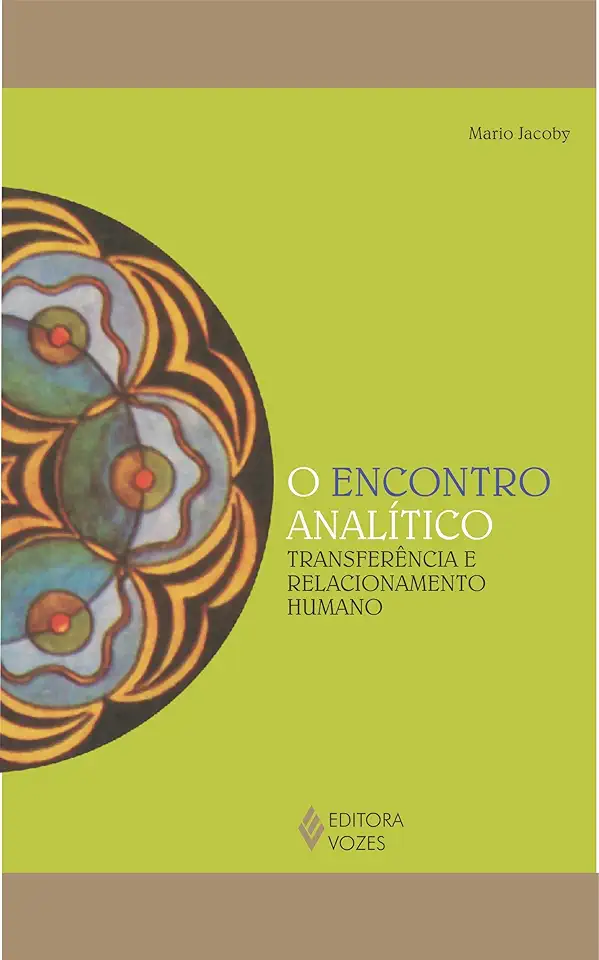
The Analytic Encounter - Mario Jacoby
The Analytic Encounter: Dialogues on the Theory and Practice of Psychoanalysis
In "The Analytic Encounter," Mario Jacoby offers a comprehensive and engaging exploration of the theory and practice of psychoanalysis. Through a series of dialogues with leading psychoanalysts, Jacoby delves into the fundamental concepts, techniques, and controversies that shape this influential therapeutic approach.
Key Themes and Insights
1. The Unconscious Mind: A Hidden Realm of Influence
Jacoby emphasizes the centrality of the unconscious mind in psychoanalysis, arguing that it plays a crucial role in shaping our thoughts, feelings, and behaviors. He explores how unconscious processes can manifest in dreams, slips of the tongue, and other seemingly innocuous actions, providing a deeper understanding of the complexities of the human psyche.
2. Transference and Countertransference: The Dynamic Relationship
Jacoby examines the intricate dynamics of transference and countertransference, which are central to the psychoanalytic process. He explains how patients' unconscious feelings and desires can be transferred onto the analyst, while the analyst's own unconscious reactions can influence the therapeutic relationship. Jacoby highlights the importance of understanding and working through these dynamics to facilitate therapeutic progress.
3. Interpretation: Unlocking the Unconscious
Jacoby discusses the art of interpretation in psychoanalysis, emphasizing its role in helping patients gain insight into their unconscious conflicts and patterns. He explores different approaches to interpretation, including free association, dream analysis, and the use of metaphors, and demonstrates how these techniques can lead to transformative self-awareness.
4. The Therapeutic Relationship: A Path to Healing
Jacoby underscores the significance of the therapeutic relationship in psychoanalysis, viewing it as a collaborative journey between analyst and patient. He explores the qualities of an effective psychoanalyst, including empathy, neutrality, and the ability to create a safe and supportive environment. Jacoby emphasizes the importance of the analyst's own personal analysis in fostering their therapeutic skills.
5. Controversies and Criticisms: Shaping the Field
Jacoby acknowledges the controversies and criticisms that have surrounded psychoanalysis throughout its history. He addresses concerns about the validity of unconscious processes, the effectiveness of psychoanalysis as a treatment modality, and the potential for therapist bias. Jacoby presents a balanced and nuanced perspective, acknowledging both the limitations and strengths of psychoanalysis while highlighting its enduring contributions to the field of psychology.
Why You Should Read "The Analytic Encounter"
"The Analytic Encounter" is an essential resource for psychoanalysts, psychotherapists, and anyone interested in the depths of the human mind. Jacoby's engaging writing style and thought-provoking dialogues make this book a compelling read, offering a comprehensive understanding of the theory and practice of psychoanalysis.
Whether you are a seasoned mental health professional or simply seeking to deepen your understanding of the human psyche, "The Analytic Encounter" is a must-read that will enrich your knowledge and inspire your practice.